30 Best Pieces of Historical Advice That Are Relevant Today

As philosopher George Santayana legendarily put it, “Those who cannot remember the past are condemned to repeat it.” Yes, that expression has been repeated ad infinitum. There’s a cogent reason for that: we tend to forget the past—and then, of course, repeat it. But if anything deserves repeating, it’s that tired expression. Look to the history books, folks. There’s a lot of wisdom in there.
Don’t believe us? Just check out these 30 instances, all of which you’ll find are wildly prescient today. The cast of characters and finite circumstantial details may differ, but the lessons remain. Consider it definitive proof that everything—no matter how many times it’s been declared as a “never before” affair—has a precedent. And for more wild blasts from the past, check out The 28 Most Enduring Myths in American History.
1
Engineering Mother Nature Can Backfire

Man likes to think that he can make anything work in his favor with the right cleverness and innovation, but trying to make nature do one’s bidding often backfires. That was the case in China during the Great Leap Forward. One of the government’s campaigns was to rid the country of “the four great pests”: rats, flies, mosquitoes, and sparrows. The sparrows were added to the list because of all the grain they consumed—which the government figured could be better given to people. Unfortunately, after orchestrating the killing of hundreds of millions of the birds, the Chinese learned that sparrows also ate locusts. And that set off a disastrous chain reaction.
“Locust populations swarmed the countryside with no sparrows in sight,” as George Dvorsky puts it. “Things got so bad that the Chinese government started importing sparrows from the Soviet Union. The overflow of insects, plus the added effects of widespread deforestation and misuse of poisons and pesticides, were a significant contributor to the Great Chinese Famine (1958 to 1961) in which an estimated 30 million people died of starvation.” And for more wild trivia from the animal kingdom, check out 40 Amazing Animal Facts.
2
Prohibiting Something Usually Concentrates It

And by “concentrate,” we mean: make more potent and more dangerous. Over 13 years (1920 to 1933), the U.S. government prohibited the sale of alcohol, leading to fast growth in the bootlegging and smuggling industries and an increased consumption of hard liquor and spirits, as opposed to lower-proof beer and wine. After all, if you’re going to smuggle a liter of something, you should smuggle something with the most potent properties. More recently, similar results have happened with marijuana, psychedelics, and opiates. And for more great trivia from the past, learn the 20 Timeless One-Liners From History’s Amazing Women.
3
Prohibiting Something Makes People Want it More

Also looking at Prohibition, instead of causing people to no longer want to drink, the law not only led to a spike in crime, but an increase in alcohol consumption. When people are told they can’t have something—from booze to guns to banned records—it tends to make them want to try it that much more. That’s just human nature.
4
The Market Won’t Solve Everything
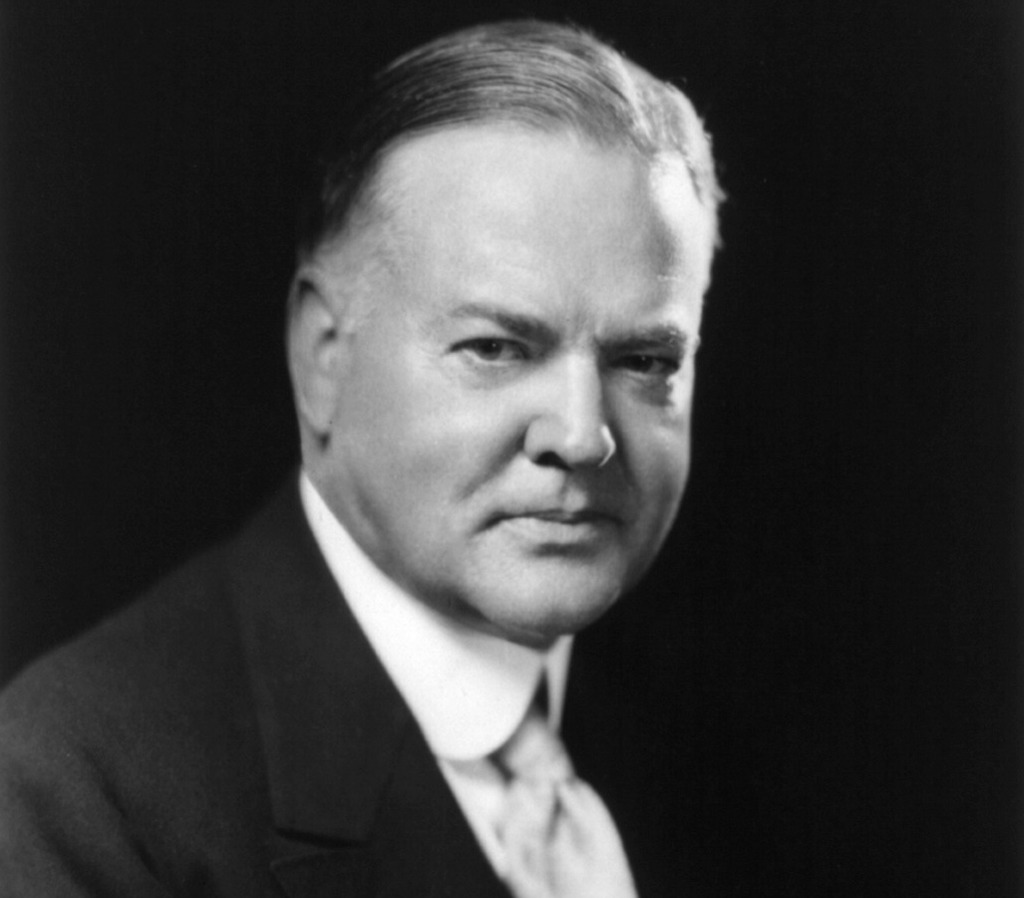
When major events happen in the world that don’t seem to directly involve your country, it may seem tempting to stay out of it—but even this decision has repercussions. That was a lesson President Herbert Hoover learned when he relied on the market to fix the stock market crash of 1929, trying to keep government out of it. As this resulted in the Great Depression, it was Hoover who got blamed for the market’s failure to fix things. And for more straight out of last century, learn the 40 Facts Your Learned in the 20th Century That Are Totally Bogus.
Image via Wikimedia Commons
5
The Government Won’t Solve Everything, Either

On the other hand, leaving everything to the government to solve does not always have the best results either. For proof, just look at the Enlarged Homestead Act of 1909, which gave up to 320 acres of less-than-great land to farmers who were willing to do something to improve it. Farmers attempted to till the land, but they often used the wrong cultivation techniques, plowing over the grass that previously covered it and turning up dry soil throughout the Great Plains, creating widespread erosion. This led to the Dust Bowl of the 1930s. Next, check out the 20 Professions From the 20th Century That Don’t Exist Today.
6
Know When to Change Course

China’s one-child policy offers an example of this, when, in the 1970s, the country grew alarmed at its growing population and took the extreme approach of requiring couples to limit themselves to having one child (after birth control campaigns failed to make enough of an impact). The policy was controversial from the beginning, but even a government as powerful as China’s knew when to loosen its rules, and started relaxing the law in the 1980s and 1990s, before finally abandoning it altogether in 2015.
7
Executive Overreach Is Not Always a Bad Thing
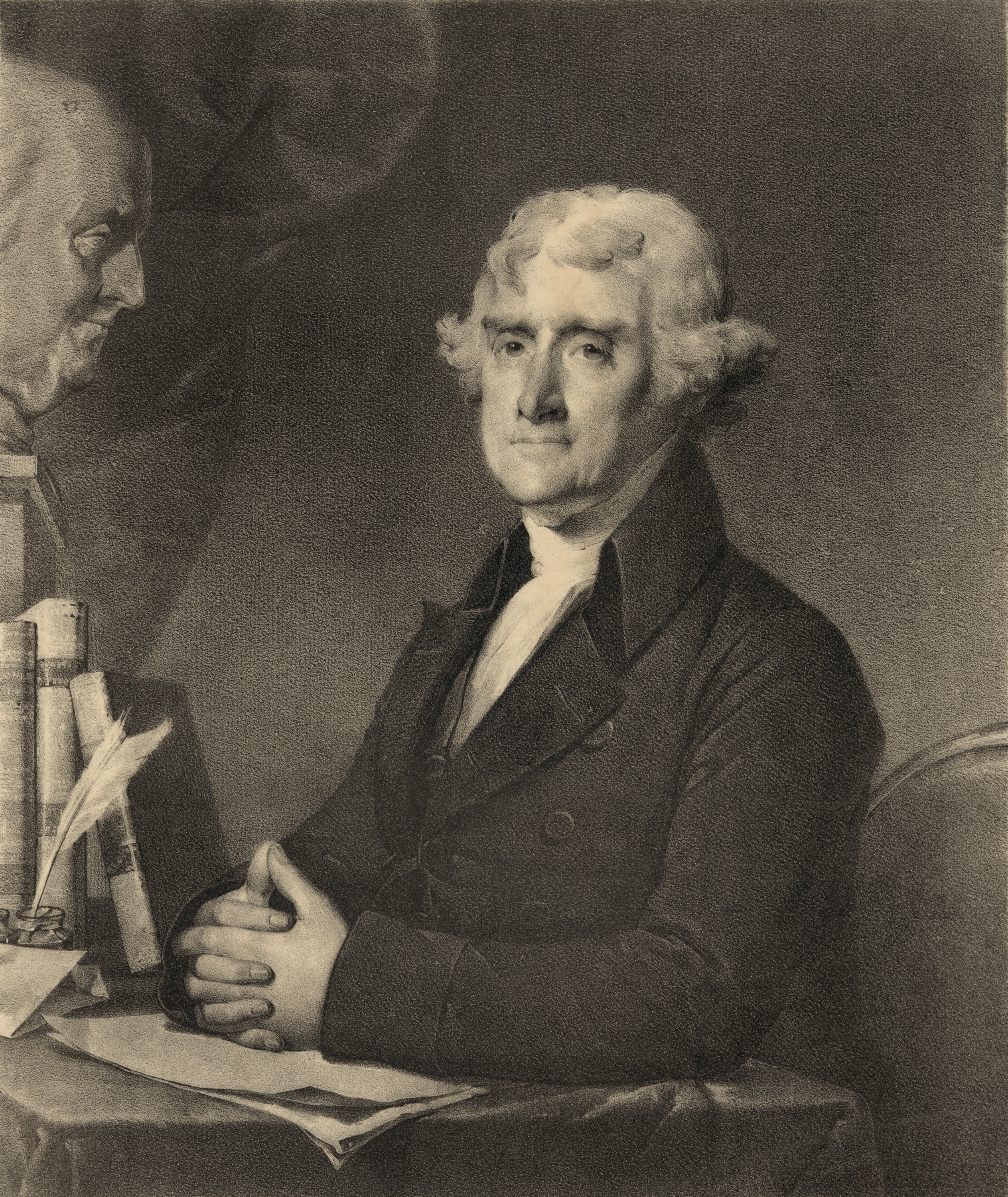
While the term “executive overreach” brings to mind images of a president doing whatever he likes regardless of the needs or wants of the population, there are episodes in U.S. history where a unilateral action by the executive branch has been effective and resulted in something positive that could not have happened otherwise. Case in point, the Louisiana Purchase. As Michael Austin writes about the event, “Jefferson knew perfectly well that he did not have the constitutional authority to purchase land on behalf of the United States,” but since the Federalists in Congress were not going to give him what he wanted, he took a liberal interpretation of “implied powers” and “went ahead and purchased half of the continent, more than doubling the size of the country and setting the stage for a United States spanning from sea to shining sea.”
8
Nothing Unifies More Than a Common Goal

In the lead up to the Revolutionary War, the American rebels were plenty divided, with vastly different interests and priorities, but willingness to compromise and a focus on a common goal (severing ties with the British) helped to unite what would otherwise have been wildly different concerns.
9
Know When to Let Your Enemy Tire Themselves Out
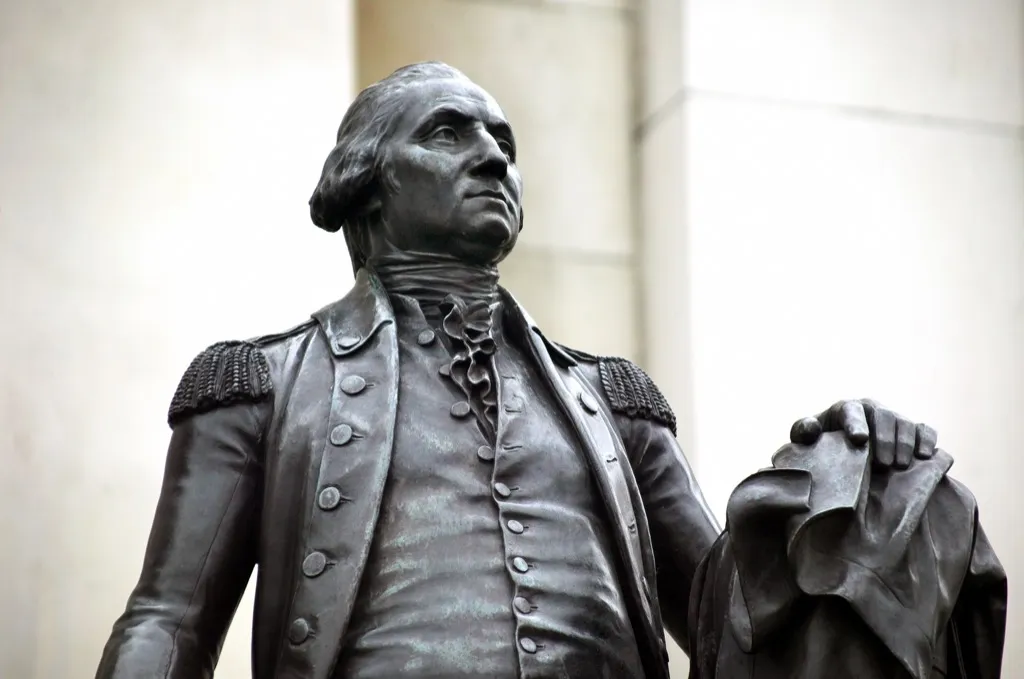
George Washington used force cautiously, knowing the U.S. forces were outgunned by the comparatively stronger British. So he focused not on trying to face them head-on, but to wear them down over a long period of time, moving fast and unpredictably, eventually turning Americans’ disadvantage into an advantage.
10
Spreading Out Has Its Advantages

A similar lesson was learned during the D-Day invasion during World War II, as Allied paratroopers assaulting the beaches of France were inadvertently dispersed due to bad weather and other issues. While the troops weren’t centralized, it ended up confusing the Germans, who could not gauge the full scale of the assault and failed to respond as forcefully as they should have.
11
Don’t Go to War in Afghanistan

Conquering this region is one thing. Ruling over it is quite another, as one aggressor after another has discovered—Britain, Russia, and now the United States. The mountainous area has been dubbed “the graveyard of empires,” and has repelled would-be rulers for 3,000 years: Alexander the Great was the last person to actually hold it.
12
Don’t Invade Russia in the Winter

Like Afghanistan, Russia during the winter has proven a formidable foe to all manner of would-be conquerors. The Swedish invasion of 1707, Napoleon‘s invasion in 1812, the Allied intervention in Russia during the First World War, and the German invasion during the Second World War all resulted in defeat, with Russia coming out on top. Just wait until the summer, guys!
13
Protectionism Can Backfire

Tariffs on imports can often seem like an appropriate response to foreign industries moving in on domestic production, but they often lead to the opposite result sought by those imposing them. Author Bill Fawcett points to the Smooth-Hawley Tariff imposed in 1930, which put a high tax on Europe… which resulted in them raising taxes on American goods and lowering demand on those products abroad. “This tariff battle accelerated the economic decline on both sides of the Atlantic because with no place to sell goods overseas the workers who had made them were let go,” according to Fawcett.
14
Creating More Currency Doesn’t Create More Value

Following the First World War, Germany attempted to pay its bills (including massive restitution payments) by simply printing more money. Merchants raised their prices in response, and the government then printed more money, with it soon costing armloads of marks to simply buy a loaf of bread.
15
Shrinking Currency Doesn’t Create More Value, Either

Fawcett points to the first recorded incidence of national inflation to support this point—in ancient Rome, when Nero’s spending got out of control and there was not enough gold or silver to pay the debts.
“Being creative Nero simply made the silver coins 20% smaller,” he writes. “But soon merchants saw this and raised all their prices. So Nero mixed cheaper metals into formerly pure coins. Soon everyone figured this out as well and prices soon soared again. With the evils of inflation came less tax income. So Nero added more even lead to the gold and silver coins increasing inflation yet again. This was one of the causes of the Decline.”
16
Don’t Impose Bills That Can’t Be Paid
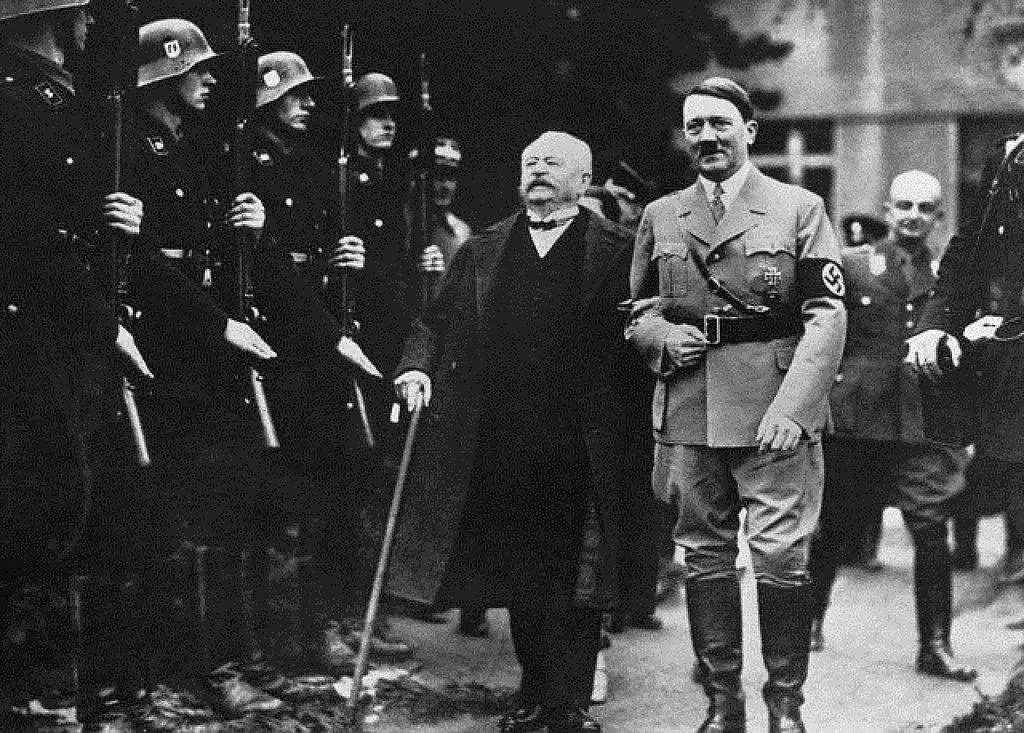
Those restitution payments imposed on Germany after the First World War may have seemed justified at the time, but the resulting depression and inflation the country suffered and its lack of solutions or ways to get back on its feet led to desperation, searching for a savior, and eventually the embrace of Adolf Hitler. Better to impose lighter, more sustainable penalties.
17
Quarantine a Disease in Order to Fight It

Another insight from Fawcett: If you want to keep a disease in check, you have to isolate it. He points to the Great Plague of Marseille in 1720 as an example.
“A ship arrived from Syria with bubonic plague on board,” he writes. “Although the ship’s captain notified the authorities of the infected passengers, city merchants who owned the highly valuable cargo, persuaded the government to lift the quarantine. Within a few days an epidemic broke out. With up to a thousand people dying each day even the grave diggers could not keep up. Tens of thousands died and that valuable cargo rotted on the docks.”
18
Forgetting to Do the Dishes Has its Advantages

If Alexander Fleming hadn’t left one of the petri dishes in his lab out in 1928 while going on vacation for a month, it would not have accidentally grown mold that destroyed the sample around it, sparking his cultivation of a bacteria-annihilating medication we couldn’t image life without: penicillin.
19
Don’t Overreact to Terrorism

It’s right there in the name—terrorism is meant to insight fear and a dramatic, destabilizing response from its victims. While the line between “appropriate response” and “overreaction” is often subjective, episodes such as the Palmer Raids in the U.S. are a reminder of how fear of a few small-scale, if scary, incidents of terrorism (in this case, anarchists bombings targeting industrialists an politicians) led to the unwarranted deportation and arrest of thousands.
20
Get a Feel for the Room

Sometimes a speech can change history. That was the case of Martin Luther King Jr.’s “I have a dream” speech—but that iconic oration wouldn’t have stuck had it not been for King’s skills as an improviser. The words “I have a dream” were not actually written in the speech. They were words he’d used in previous addresses, but in the moment as he delivered it, he realized that would be a good capper and dropped in the words that would forever define his philosophy and the Civil Rights Movement.
Image via Wikimedia Commons
21
Double Check Your Calendar

Leon Trotsky might have been Russia’s leader if he hadn’t mixed up the date of Vladimir Lenin’s funeral. Joseph Stalin outsmarted the communist thinker by giving him the wrong date for the funeral, so Trotsky showed up a day late and Stalin took power. This should serve as a warning: double check your dates.
22
Sometime Shortcuts Can Cost You More Than Time

Just ask the Donner Party.
23
Give a Gift Horse a Closer Look
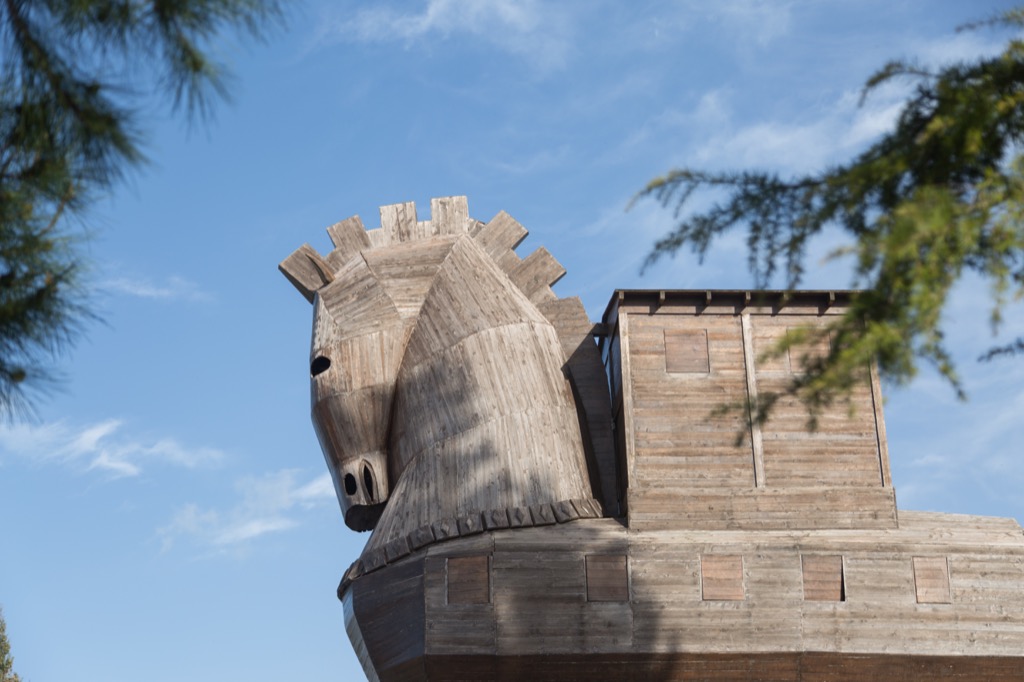
If you receive an unexpected gift, you might want to approach it with a bit of skepticism. That’s a helpful lesson from the Trojan War, when the Greeks tricked the Trojans into accepting a giant horse through their defensive walls, only to discover it was full of soldiers. It’s not that you shouldn’t accept gifts from enemies, just give them a closer look before you bring them inside.
24
A Walkout Can Speak Volumes

Desegregation of public schools began with a walkout of Robert R. Moton High School by four hundred black students, led by 16-year-old Barbara Johns. It led to a lawsuit by the NAACP and eventually Brown v. Board of Education of Topeka, Kansas—and the desegregation of U.S. schools.
Image via Wikimedia Commons Via Official White House Photo by Chuck Kennedy
25
Buy Something Because You Want It

…Not just to resell it. The tendency for those looking to get rich by buying something with an eye toward reselling it is at the root of pretty much every major economic bubble going back centuries, from tulip mania in 16th century Holland to the subprime mortgage crises a decade ago. Don’t buy something just because you think you can make more money reselling it.
26
Don’t Skimp on Safety

The Titanic‘s massive loss of life is attributed not only to the crash that caused it to sink, but the fact that there were not enough lifeboats on the ship. Even though the ship turned out to be less “unsinkable” than advertised, lives could have been saved if the ship had followed the safety measures it should have.
27
Don’t Skimp on (Workplace) Safety
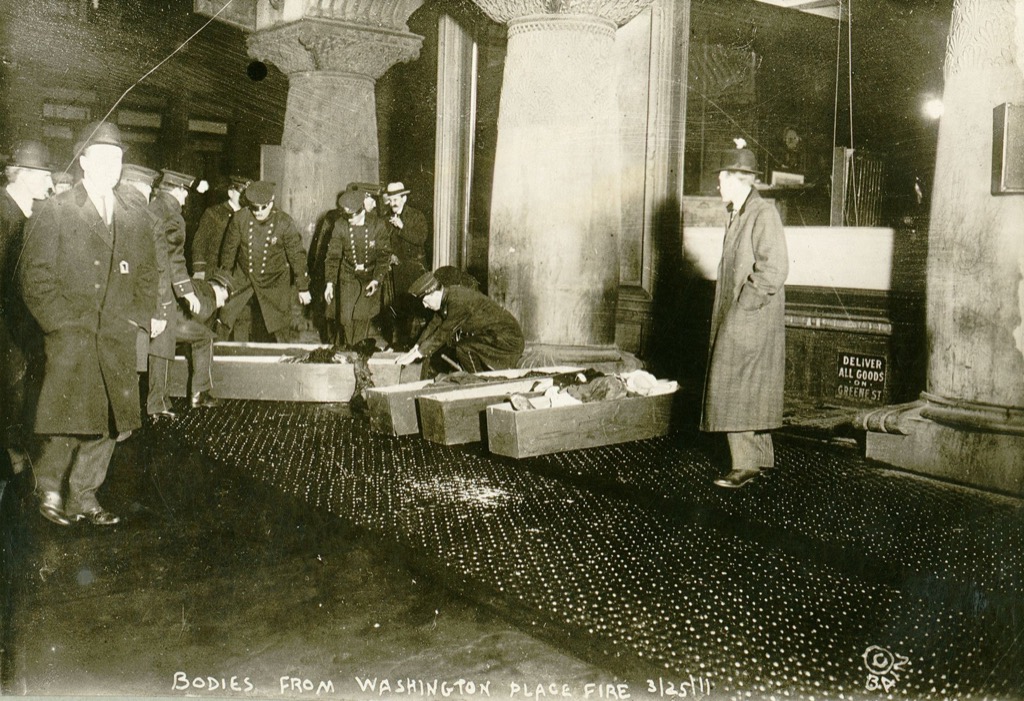
Trying to save money at the expense of worker safety can also lead to disaster, as the Triangle Shirtwaist Company fire famously demonstrated. The factory’s owners locked their workers in supposedly to keep them from stealing, but when a fire broke out and they were locked in, the women had to jump for their lives or die in the fire. One hundred fifty people died as a result, galvanizing the labor movement and leading to changes in workplace safety regulation.
Image via Wikimedia Commons
28
Respect Weight Restrictions

Though less famous than the Titanic, the Tek Sing in China also famously sunk (90 years before), bringing a cargo of precious silks, spices, and 1,600 people with it. Rather than a lack of lifeboats, a major factor for this ship’s destruction was that it was so overloaded, not just with people but tightly packed cargo.
29
Images Speak Louder Than Words
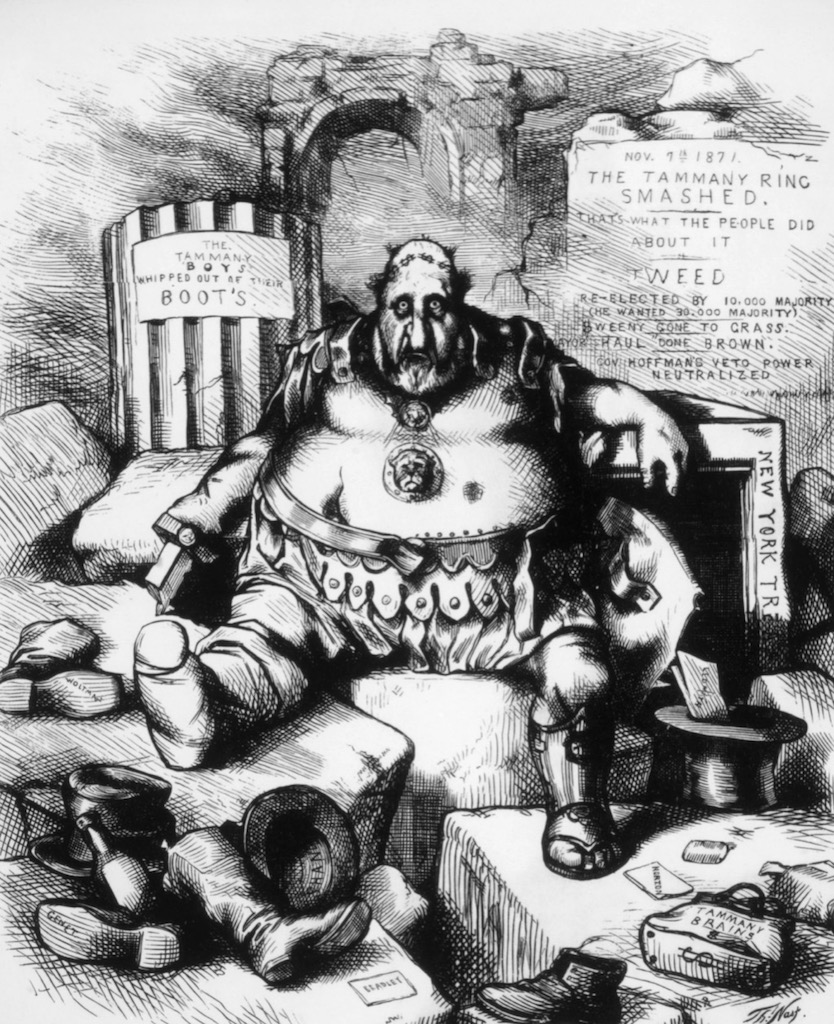
An awkward image or video clip can be politically devastating (see “47 percent”). A century-and-a-half ago, it was political cartoons that could do that kind of damage. One of the most famous episodes was New York’s corrupt Boss Tweed, who grew furious at the widely seen cartoons Thomas Nast drew in Harper‘s, who, according to legend, said, “My constituents can’t read. But, damn it, they can see the pictures!” Nast would be credited with helping expose and take down the Tweed Ring a few years later.
30
Actions Have Unpredictable Consequences

Consider the actions of one Serbian revolutionary, Gavrilo Princip. He assassinated Archduke Franz Ferdinand, almost by accident when he encountered the Austrian leader’s car while loitering nearby. The killing set off a chain of events pulling in one European power after another, resulting in World War I. The domino effect created by this could not have been anticipated by the revolutionary who took the shot. And for more wild historical tidbits, check out the 20 Craziest Rumors about the Kennedys.
Image via Wikimedia Commons
To discover more amazing secrets about living your best life, click here to sign up for our FREE daily newsletter!